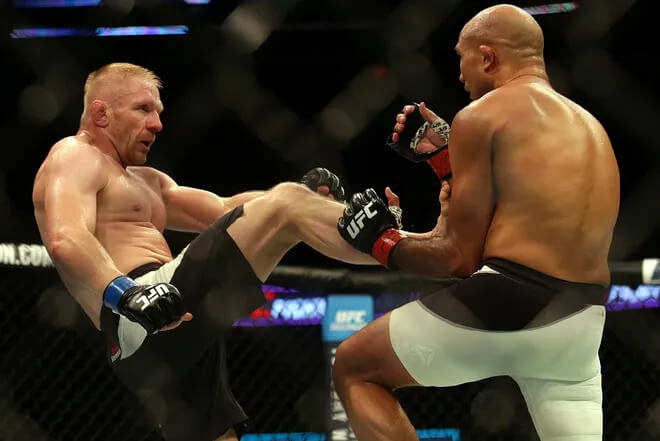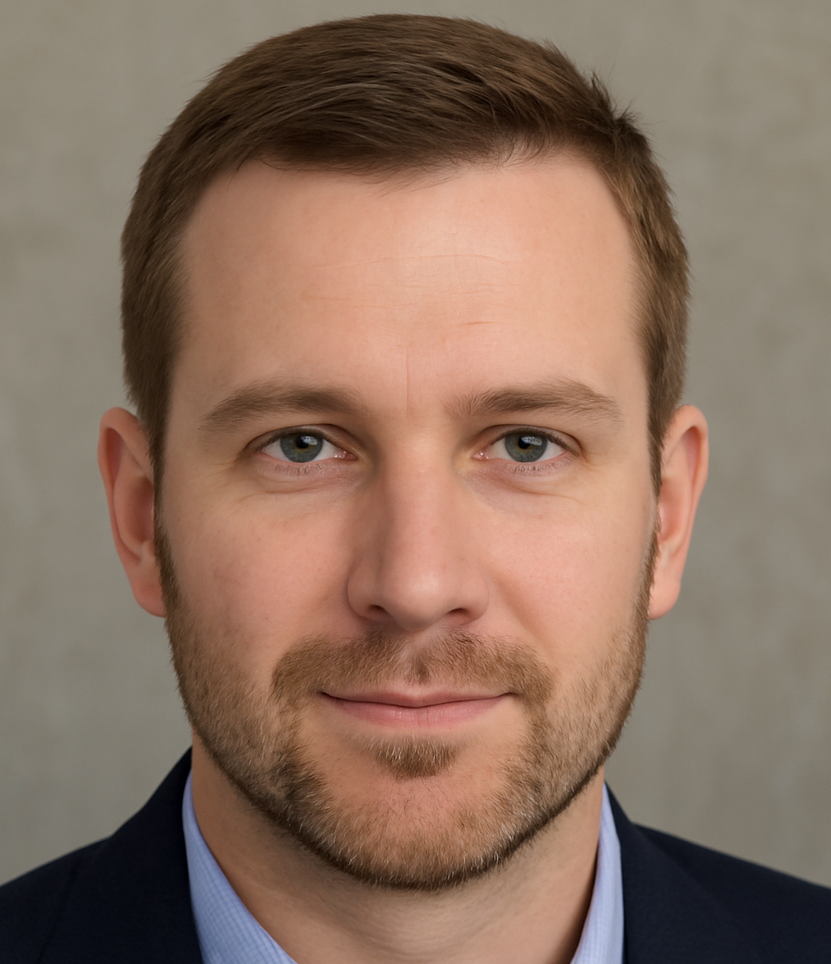Germany has never been the biggest powerhouse in mixed martial arts, but its fighters have made plenty of noise inside the Octagon. From early trailblazers who put the country on the UFC map to fresh talent aiming for the top, German athletes have left a unique mark on the sport.
If you’re a UFC fan in Germany (or simply curious about the country’s role in MMA), this article takes you through the most notable German UFC fighters and the rising prospects who could shape the future.
The Pioneers: How Germany Entered the UFC Stage
When the UFC began to expand in Europe, Germany was still building its MMA culture. Unlike Brazil or the U.S., where MMA had a deep grassroots following, German fighters had to carve out their own paths.
Names like Dennis Siver gave Germany its first real representation at the highest level. His success inspired the next generation, proving that fighters from Germany could compete with the best.
Dennis Siver: The Featherweight Trailblazer

No discussion of German UFC fighters is complete without Dennis Siver.
- Division: Featherweight/Lightweight
- UFC Record: 11 wins inside the Octagon
- Highlights: Fought Conor McGregor in 2015, memorable victories over George Sotiropoulos and BJ Penn
Siver became the face of German MMA during the 2010s. While he never captured a title, his grinding style, spinning back kicks, and willingness to fight top contenders made him a respected veteran.
More importantly, he gave German fans someone to cheer for at a time when the sport was struggling for visibility due to TV restrictions.
Nick Hein: The “Sergeant”

Another fan favorite was Nick Hein, a former police officer who transitioned into the UFC lightweight division.
- Division: Lightweight
- Nickname: “The Sergeant”
- Style: Strong judo base, tough grappling
Hein wasn’t the most decorated fighter, but he was an important figure for German fans. His background as a police officer and his disciplined approach to fighting made him relatable and respected. Hein’s UFC run may not have brought titles, but his presence helped grow MMA’s credibility in Germany.
Abus Magomedov: A Fresh Chapter

In recent years, Abus Magomedov has carried the German flag inside the UFC.
- Division: Middleweight
- Notable Fight: Headlined UFC event against Sean Strickland in 2023
- Style: Powerful striking with a strong finishing instinct
Though born in Dagestan, Magomedov represents Germany internationally and trains there. His UFC run has been watched closely by German fans eager for a new star. With his size, power, and finishing ability, he has the tools to stay relevant in the division.
Nasrat Haqparast: The Lightweight Hope

One of the brightest German-connected fighters today is Nasrat Haqparast.
- Division: Lightweight
- Background: Born in Germany to Afghan parents, fighting out of Hamburg
- Style: Fast hands, crisp boxing, solid endurance
Haqparast has become a consistent presence in the UFC lightweight division. While he hasn’t yet cracked the top tier, his youth, striking skills, and resilience suggest that his best years are still ahead. Fans see him as a bridge between Germany’s first UFC generation and its future.
Rising Prospects: Who to Watch Next
While Germany doesn’t yet have a large pool of UFC fighters compared to countries like the U.S. or UK, the sport is growing fast. Here are some rising names and prospects to watch:
1. Khalid Taha
- Division: Bantamweight
- Strengths: Aggressive style, knockout power
- Note: Has competed in the UFC and remains a dangerous fighter with finishing ability.
2. Maurice Adorf (Prospect)
- Competing in European MMA circuits, Adorf is one of the young names German MMA fans keep an eye on.
3. Local MMA Gyms Producing Talent
Gyms in cities like Berlin, Hamburg, and Munich are producing fighters with the potential to break into bigger promotions. As UFC continues to return to Europe, expect more German fighters to get their chance on the big stage.
Why German Fighters Matter in the UFC
Germany may not produce world champions every year, but its fighters play a crucial role in expanding the UFC’s global reach. When UFC holds events in Hamburg or Berlin, having local fighters on the card makes the crowd more invested.
Fighters like Siver, Hein, Haqparast, and Magomedov not only represent Germany in the cage—they inspire a new generation of athletes training in MMA gyms across the country.
Challenges for German UFC Fighters
Despite the passion of the fans, German fighters face unique hurdles:
- Regulatory Issues – MMA in Germany still doesn’t have the same mainstream acceptance as boxing or football.
- Limited Local Promotions – Fighters often need to move abroad or join international promotions before getting UFC attention.
- Late Start in the Sport – Unlike in Brazil or the U.S., many German fighters didn’t grow up with strong MMA infrastructure.
Yet, the progress made in the last decade shows these challenges are slowly being overcome.
The Future of German MMA
The next chapter of German MMA looks promising. With better gyms, easier access to UFC events through streaming, and a more open cultural attitude toward combat sports, young fighters have a clearer path to success.
The UFC is likely to keep returning to Germany for Fight Nights, especially if local stars continue to climb the rankings. Each successful German fighter helps normalize the sport and grow its fan base.
Final Thoughts
From Dennis Siver’s spinning kicks to Nasrat Haqparast’s lightning boxing combos, German fighters have given fans plenty to cheer about. While Germany isn’t yet a dominant force in UFC, it has carved out its place with pioneers, fan favorites, and promising prospects.
The next few years could be pivotal—if rising talents like Haqparast and Magomedov break into the top 10 of their divisions, Germany might finally see its first true UFC superstar.
Until then, German fans remain some of the most passionate in Europe, supporting every fighter who carries the flag inside the Octagon.


